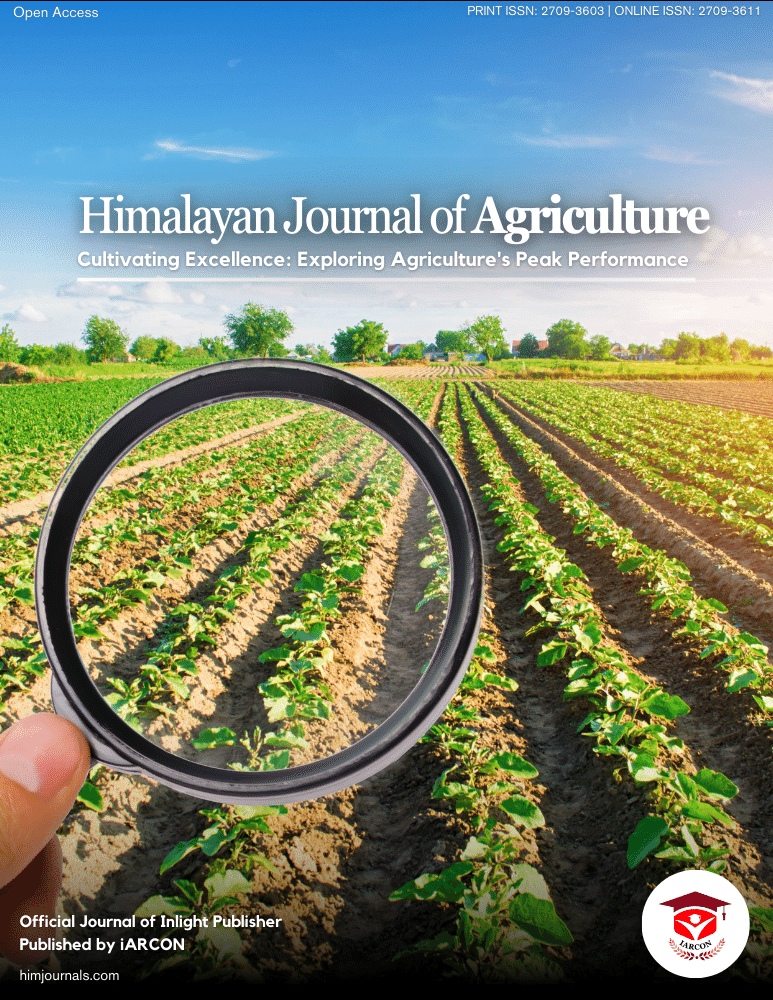The findings of our study provide valuable insights into the level of awareness and knowledge regarding colorectal cancer (CRC) among the residents of District Kangra, Himachal Pradesh. The overall knowledge levels revealed a diverse range, with a significant portion of the population demonstrating varying degrees of awareness.
In our study, a substantial proportion (59.5%) of respondents had heard about colorectal cancer, indicating a reasonable baseline awareness. However, there is room for improvement, as a noteworthy percentage remained unfamiliar with this form of cancer. This aligns with the observations of Singh et al. [4], who emphasized the need for increased public awareness in the Indian context to address the rising burden of CRC.
The study revealed varying levels of understanding concerning the risk factors and symptoms of colorectal cancer. While a considerable number of participants were able to identify common symptoms and risk factors, such as changes in bowel habits and family history, there were notable gaps in knowledge. Similar findings were reported in a study by Gupta et al. [2], emphasizing the need for targeted education on specific risk factors.
The positive recognition (56.5%) of the importance of early detection for better outcomes is promising. However, the awareness of screening methods was relatively lower (32.5%), suggesting a potential area for intervention. This echoes the findings of Mohandas et al. [5], emphasizing the importance of community-based interventions to enhance awareness and knowledge.
The study participants exhibited varying levels of knowledge regarding treatment options and lifestyle factors related to colorectal cancer. These findings underscore the need for comprehensive educational campaigns that cover not only prevention but also treatment aspects. Similar observations were made in studies by Patel et al. [6] and Malhotra et al. [7], highlighting the multifaceted approach required for effective awareness programs.
A quarter of the participants reported engaging in awareness campaigns or discussions related to colorectal cancer, and a significant majority recognized the need for more accessible information. These results align with the studies conducted by Ghoshal et al. [3], emphasizing the importance of community engagement and government initiatives to bridge the information gap.
Comparing our findings with other Indian studies reveals common trends in the need for increased awareness, knowledge dissemination, and community involvement. The diverse population and regional variations observed in our study are consistent with the regional disparities highlighted by Ghoshal et al. [3] and the rising incidence of CRC emphasized by Gupta et al. [2].
Our study's results underscore the importance of targeted interventions addressing specific gaps in knowledge and awareness. Tailored educational programs, community engagement initiatives, and increased accessibility to information, as suggested by Mohandas et al. [5], are crucial components for mitigating the impact of colorectal cancer in District Kangra.
Limitations and Future Directions
It's important to acknowledge certain limitations, including the reliance on self-reported data and the use of an online survey tool. Future research could explore the impact of socio-demographic factors on knowledge levels and evaluate the long-term effectiveness of awareness campaigns.


